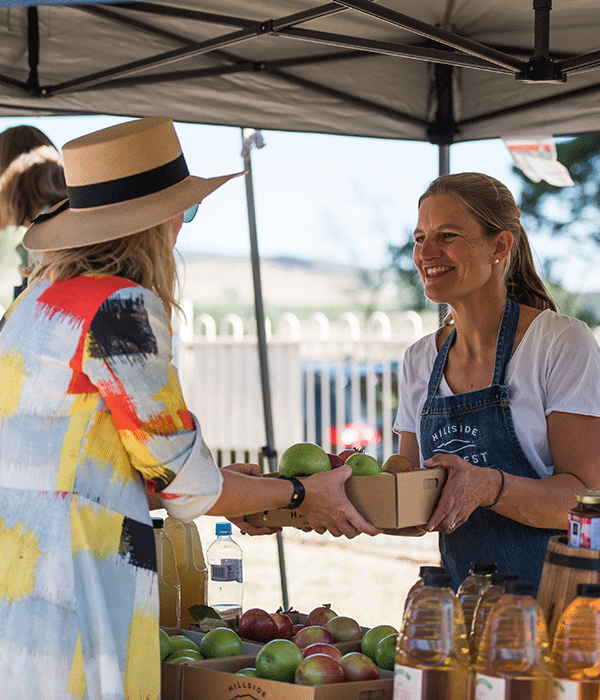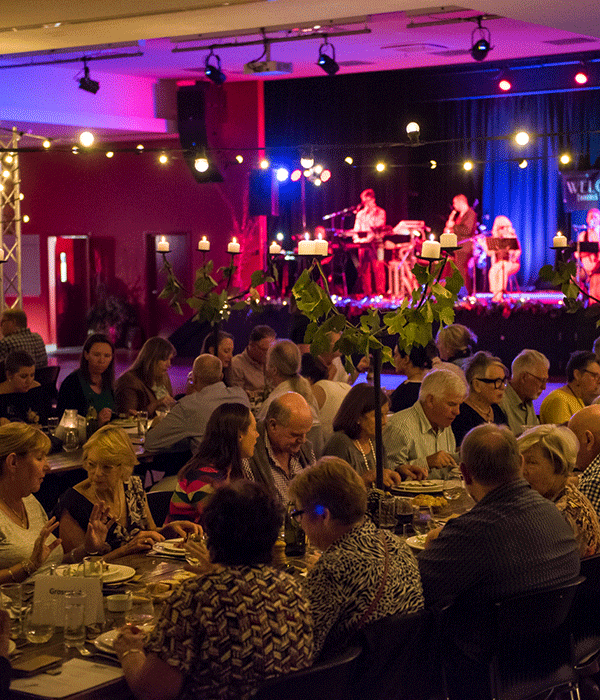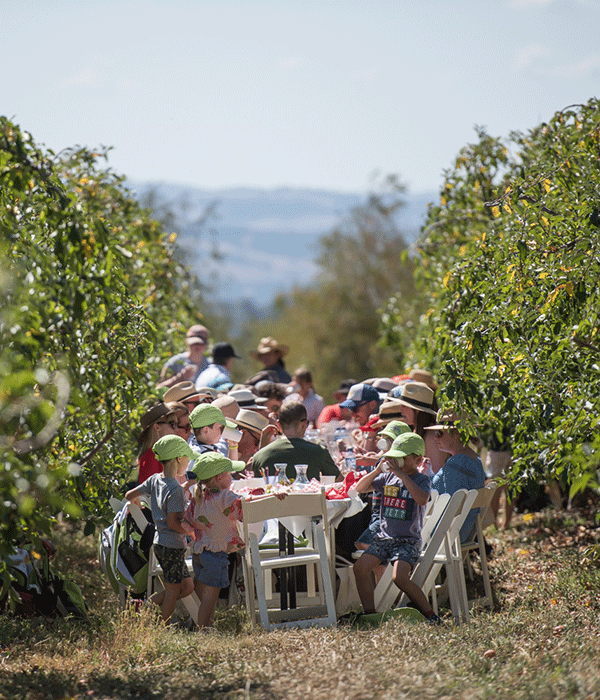We believe that being the first food and wine related event in Australia or New Zealand that has sought to comply with global-standard ISO 20121 to become certified as a sustainable event is our true point of difference, and as such we occupy a unique position as a beacon in Australia’s festival landscape to help lead the way. In fact, Orange FOOD Week may be the ONLY food and wine festival in at least the Southern Hemisphere (and potentially the world) to have sought ISO certification:
“It would appear that the Orange FOOD Week festival has an opportunity to lead the way in this important area. While there are many events (music and lifestyle festivals) around the world that make claims about sustainability initiatives and that have undertaken the process, I can’t find anything specific either in Australia or internationally that publicly reports on their sustainability initiatives that comply with ISO 20121.” Peter Birkett, Instep .
Download a copy of the 2022 Sustainability Event Report.


The process for ISO Certification for the Orange FOOD Week festival to become a globally recognised sustainable event commenced in 2017, the United Nation’s International Year of Sustainability. The 2017 festival was used as the base year for analysis through collaboration with Instep, a New Zealand-based certification organisation.
The festival’s overall environmental impact and carbon emissions were monitored throughout the Orange FOOD Week festival period of 31 March to 9 April 2017 to establish the baseline analysis, and a final report delivered to the FOOD Week Inc. organising committee in June 2017. Results of the analysis revealed that transport to the festival accounted for 99.6% of total carbon emissions, and landfill waste 43% of the total waste profile.
Recommendations were provided in the 2017 Sustainable Event Report to extend availability of Orange FOOD Week’s existing mass transportation services (train and bus) to signature events, as well as to enforce compostable and recyclable packaging for all stallholders participating in signature festival events – with specific waste stations for pre-sorted disposal provided – to target a 75% landfill diversion rate for the 2018 festival, conserve water usage, and reduce emissions per attendee and for the overall festival.
A Quantifiable Reduction Goal was set for 2018 Orange FOOD Week as part of its Carbon and Sustainability Program, with the committee setting a reduction target of 2% in standardised carbon emissions for the 2018 event. Results will be available for Year 2 of the festival’s Sustainable Event analysis in June 2018.
“Orange FOOD Week has now grown into a significant festival and it needs to take responsibility for its impact on the local environment.” James Sweetapple, previous President, FOOD Week Inc.




